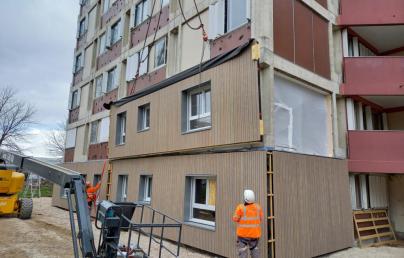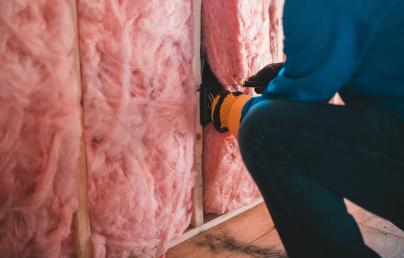
REHVA drives European harmonisation of building emissions

REHVA drives European harmonisation of building emissions
The European Commission is progressing with the development of a delegated act that will provide guidance on the calculation of Whole Life-Cycle Global Warming Potential (LC-GWP) for buildings, following Articles 7(2), 7(3), 7(5), and Annex III of the revised Energy Performance of Buildings Directive (EPBD). Scheduled for adoption by the end of 2025, this act aims to clarify legal and technical terminology and establish a coherent methodology that enables Member States to implement the requirements consistently, while preserving a degree of national flexibility.
In this context, REHVA has published a technical analysis contributing to the Commission’s consultation process, prepared by a consortium of experts (Viegand Maagøe, COWI, and Exergia). The document identifies regulatory and methodological challenges and proposes solutions to ensure effective implementation aligned with the EU’s climate neutrality objectives.
The report underscores the importance of defining a minimum harmonised framework that encompasses all stages of a building’s life cycle, from material production to end-of-life. It also addresses key issues such as data quality, consistent definitions of usable floor area, and the integration of energy and environmental assessments. REHVA advocates for close collaboration among project stakeholders from the earliest design phases, as a means to optimise resources and ensure regulatory compliance, positioning this contribution as a strategic guide for Member States.
LC_GWP.pdf
English (517.24 KB - PDF)
